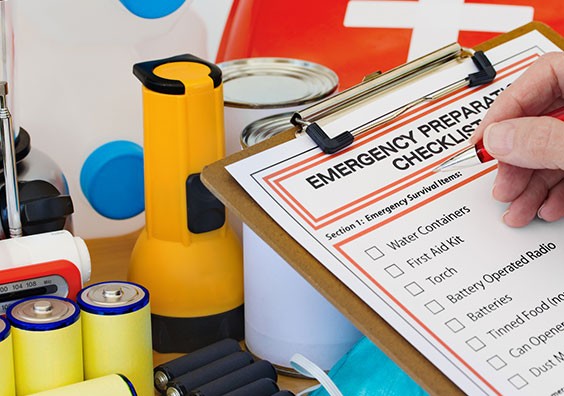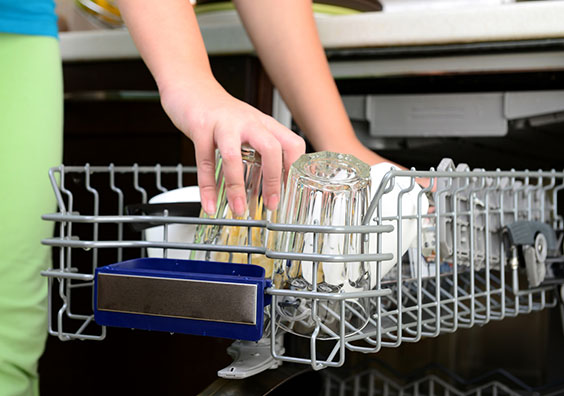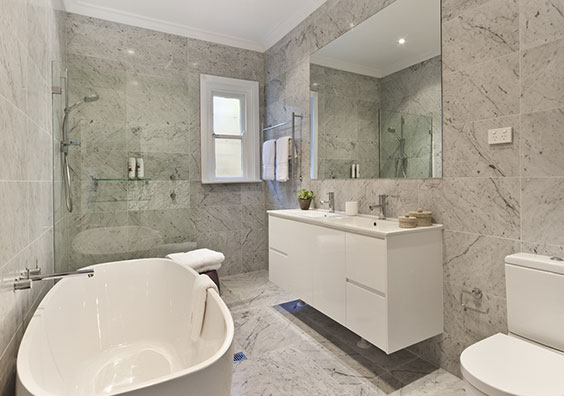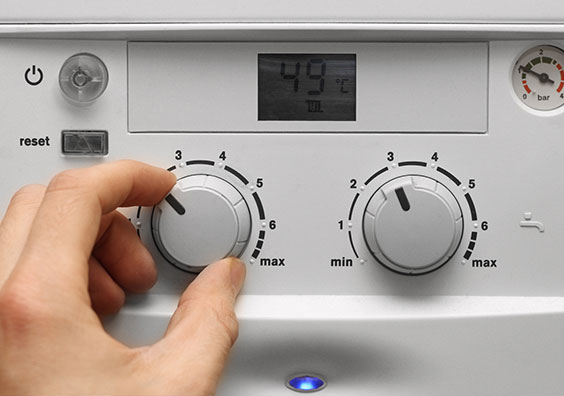Tips for Preventive Home Maintenance
Maintenance Tools & Materials
Most home maintenance projects will require a few simple tools. Residents should at least have these recommended items:
- adjustable wrench
- slip-joint pliers
- utility knife
- regular screwdriver
- Phillips head screwdriver
- drain auger (plumber’s snake)
- flashlight
- shop-grade vacuum cleaner
- power washer/sprayer
- buckets & heavy-duty sponges
- caulk gun & caulk
- 6′ step ladder & extension ladder
- work gloves & rubber gloves

Emergency Items
Write down this important information about your home and keep it accessible in case of an emergency.
If you can’t find or operate any of these items, ask someone knowledgeable to help.
All adults in the home should know where these items are and how to shut them off:
- heating fuel main shutoff
- main electrical shutoff (service panel, a.k.a fuse/breaker box)
- main water shutoff
- fire extinguishers
- main drain line cleanout

Monthly Interior Jobs
These are some monthly jobs that should be done to keep appliances and mechanicals working properly. Doing so will likely extend the life and performance of each item.
- change A/C filter
- inspect and clean faucet aerators and shower heads
- clean frost-free refrigerator drain pan
- inspect dishwasher for leaks
- clean kitchen exhaust fan filters
- grind ice cubes in disposer
- check and replace (if needed) heating system air filter
- drain 1-2 gallons of water from water heater
- maintain drains with baking soda or hot water, not with chemical drain openers
- pour water down unused drains
- inspect visible foundation areas, pipes, vents and ducts

Annual Interior Chores
At least once a year, these items need to be checked. It’s important to properly check the fireplace and combustion appliances by fall, because the house is “sealed up” in the winter and not much fresh air enters in.
- clean and seal tile grout
- inspect plumbing shutoff valves
- inspect toilets for stability
- “exercise” circuit breakers
- vacuum smoke alarms
- vacuum heating registers, vents, ducts, radiators
- inspect fireplace flues for “glassy” creosote buildup and have flues cleaned regularly (if applicable)
- inspect fireplace firebrick and mortar for cracks and deterioration, patch small cracks, but large ones require professional repair (if applicable)

Heating/Cooling & Hot Water Systems
Most heating/cooling & hot water system maintenance should be done twice a year — once before the heating season and once before the cooling season.
- general furnace inspection: look for rust, scaling on heat exchanger, proper flame color, note odd sounds or smells and check condition of venting
- test for proper drafting at furnace and/or water heater diverter, examine flue for leaks, rust, damage
- examine pressure-temperature relief valve for leaking, and test, if desired
- arrange for appropriate regular servicing and cleaning of combustion appliances
- drain hot water system expansion tank
- check hot water system water level (pressure) bleed hot water system radiators

